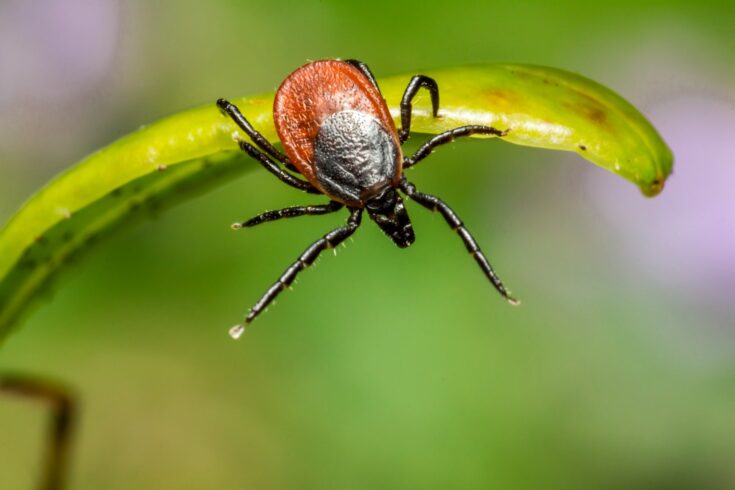Funding totalling £7,538,757 will support eight research projects seeking to tackle vector-borne disease in the UK.
The investment is a collaboration between:
- Department for Environment, Food and Rural Affairs (Defra)
- Biotechnology and Biological Sciences Research Council (BBSRC)
- Medical Research Council
- Natural Environment Research Council
- UK Research and Innovation (UKRI) strategic themes, tackling infections
Understanding vector-borne disease
Vector-borne diseases (VBD) are a major threat to global animal and human health. Causing in excess of 700,000 deaths each year, they account for more than 17% of all infectious diseases.
While the term ‘vector’ may mean very little to the lay person, many of us will have come across them at one time or another.
In fact, vectors are living organisms, the likes of which include:
- fleas
- lice
- mosquitoes
- ticks
While miniscule in size, vectors are capable of transmitting a whole host of infectious diseases both in animals and humans and from animals to humans, including:
- blue tongue
- lyme disease
- tick-borne fever
- yellow fever
- zika
A growing risk
Although the impacts of VBD are felt mainly in tropical and subtropical areas of the world, the risk they pose to the UK is increasing.
Mosquitoes and ticks in particular represent a growing threat due to the fact that they are both established and invasive to the UK.
The increased risk of VBDs to the UK can be attributed to a number of different factors, from changes in land use to a changing climate.
These environmental changes influence the habitats, geographical distribution, longevity and life cycles of vectors in ways that make disease transmission more likely.
The new funding will help close a significant gap in current research. It will do this by establishing a deeper understanding of different vectors and associated VBDs that are a threat to the UK in response to climatic, environmental and land-use changes.
A ‘One Health’ approach
Professor Melanie Welham, Executive Chair of BBSRC, said:
This latest investment by UKRI and Defra epitomises the importance of a ‘One Health’ approach in tackling infections such as vector-borne disease.
If we are to truly understand the risks posed vector-borne disease, we must first build our understanding of the links between animal, human and environmental health. And that can only be achieved by collaborating across sectors and disciplines.
The eight projects receiving funding offer real potential to build the UK’s national defence and response capabilities by tackling infectious diseases that pose a genuine threat to people and animals worldwide.
Improving outcomes for all
Defra Chief Scientific Advisor, Professor Gideon Henderson, said:
The funding for this important research, which brings together a wealth of expertise from some of the best scientific institutions in the UK, will continue to build and prepare the UK for the emergence of endemic and exotic tick-borne diseases.
This coordinated scientific effort forms part of the UK’s commitment to work at the interface between environmental, human and animal health to improve outcomes for all.
Further information
The projects
RCG culex distribution, vector competence and threat of transmission of arboviruses to humans and animals in the UK
Professor Matthew Baylis, University of Liverpool
RCG One Health approach to tick-borne disease control through manipulation of reservoir host communities at landscape scale
Professor Steven Belmain, University of Greenwich
Genomic epidemiology tools for the surveillance of vector-borne diseases network: applied to tick species, reservoirs and pathogens
Dr Susana Campino, London School of Hygiene and Tropical Medicine
Assessing the risk of mosquito vector-borne diseases in Scotland and their response to environmental change
Professor Heather Ferguson, University of Glasgow
Vector-borne RADAR (real-time arbovirus detection and response)
Dr Arran Folly, Animal and Plant Health Agency
Understanding, forecasting and mitigating zoonotic mosquito-borne viral disease in the UK
Dr Grant Lesie Hughes, Liverpool School of Tropical Medicine
TickTools: development of tools to monitor and control tick-borne diseases of humans and livestock
Dr Nicolas Johnson, Animal and Plant Health Agency
OpTick: One health surveillance and management of tick-borne disease threats in a changing environment
Dr Bethan Purse, UK Centre for Ecology and Hydrology and Dr Caroline Millins from University of Liverpool

